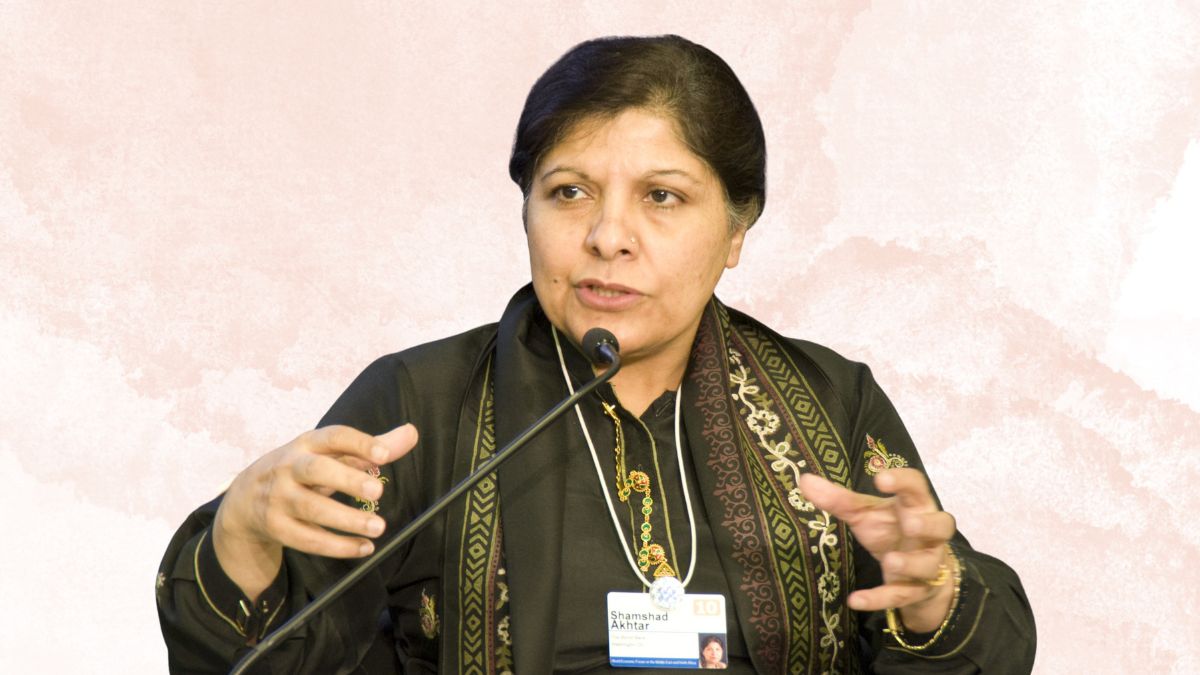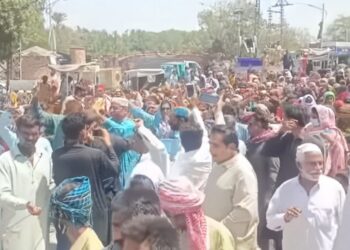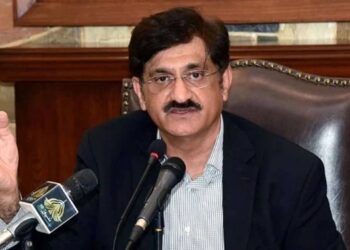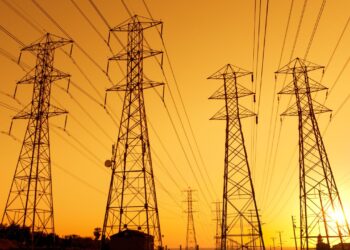The interim Finance Minister, Dr. Shamshad Akhtar, announced that there will be no relief for the public from high electricity and gas tariffs, as the caretaker government plans to increase prices in January to address the circular debt issue.

She explained that, under the International Monetary Fund’s Stand-By Arrangement, the government has committed to reducing costs in the energy sector to restore efficiency. The circular debt in the power and gas sectors has surpassed 4% of the Gross Domestic Product, necessitating urgent action.
Dr. Akhtar also shared details of discussions with the IMF, mentioning tariff revisions and potential additional taxes on sectors like real estate and retail. However, she clarified that final decisions have not been made.
Dr. Akhtar emphasized the need for a fresh short-term IMF program, stating that the country cannot function without it due to fragile macroeconomic stability. The Finance Secretary, Imdad Bosal, expressed optimism that a successful IMF review would unlock loans from multilateral lenders, reducing the external financing requirement.
He highlighted advanced stages of processing program loans from the World Bank, Asian Development Bank, Asian Infrastructure Investment Bank, and Islamic Development Bank. He expected these loans to be approved in December, with improvements in Pakistan’s ratings.
The Finance Minister anticipated a $2 billion disbursement from the World Bank during the fiscal year, contributing to foreign exchange reserves. Approval for a $700 million tranche from the IMF would further boost reserves, bringing the total disbursement to $1.9 billion out of the $3 billion under the SBA. Dr. Akhtar stated that the IMF’s Executive Board is expected to grant approval for the second tranche within a month.
Dr. Akhtar, speaking at The Future Summit in Karachi, highlighted proactive measures taken by the caretaker government to stabilize the economy and build market confidence. She emphasized the importance of the $3 billion SBA program and discussed efforts to accelerate investments in critical infrastructure through the Special Investment Facilitation Council.
Addressing structural weaknesses in state-owned enterprises, she mentioned the focus on activating the Centralized Monitoring Unit to monitor and report on their financial performance. The government is also finalizing a policy under the SOE law, concentrating on improving governance and financial efficiency of loss-making SOEs.
Read more: Latest Petrol Prices in Pakistan – 16 November 2023.
Follow INCPAK on Facebook / Twitter / Instagram for updates.




















